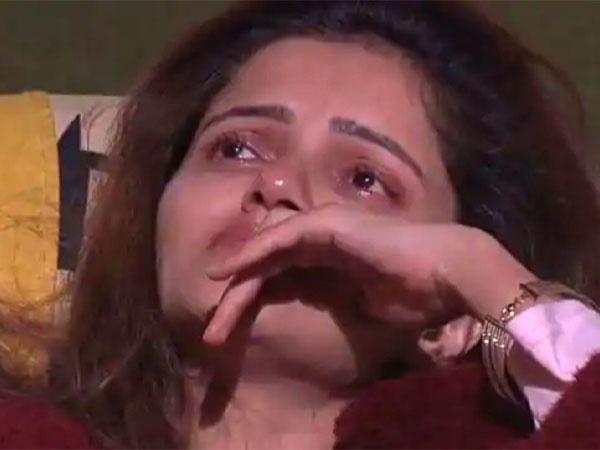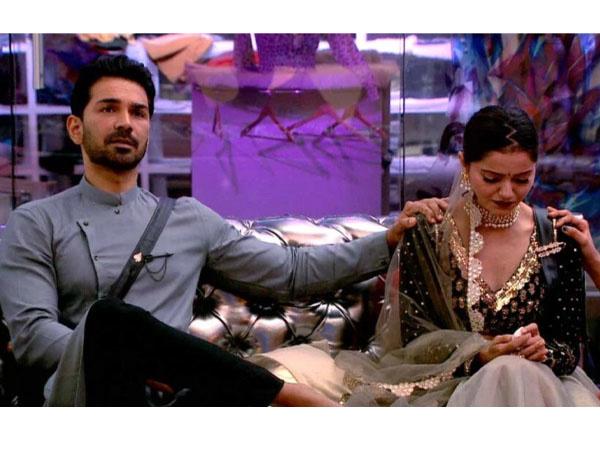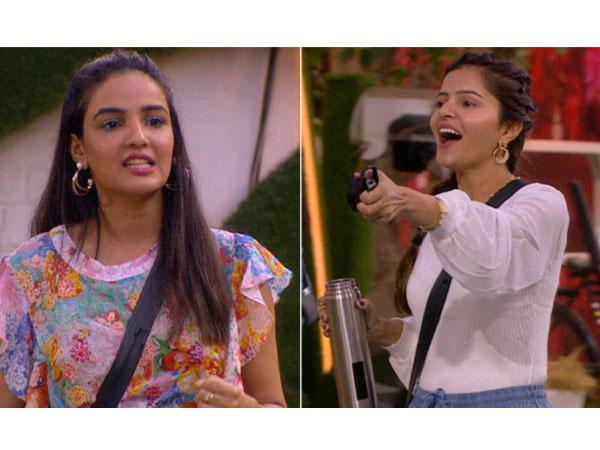The Bigg Boss house is a madhouse, and there are no two ways about it. Over the past 14 years, the show has glorified and justified bullying, body shaming, hate, abusive behaviour and violence that serves as a voyeuristic pleasure to the audience. Unfortunately, what everyone fails to recognize is the fact that the show impacts the mental health of the contestants and viewers.

Image Credit: Bigg Boss, Endemol Shine India
As viewers, we are quick enough to judge the contestants based on their behaviour on the show. Given the situation, the show is designed to bring out the worst side of the people cooped inside the house, which makes us believe that the reality show introduces us to the real side of the celebrities, as contrary to their ideal and righteous on-screen characters. It might seem like the contestants are on a paid vacation with all the luxuries inside the house, but to stay cooped inside a house without any connection with the outside world, family or friends is not that easy. They don’t even have a clock to keep a tab on the time.

Image Credit: Bigg Boss, Endemol Shine India
Recently, Rubina Dilaik who’s one of the strongest contenders this season, also requested the makers to consult a psychiatrist. Earlier evicted contestant Jasmin Bhasin, who has returned to the house to support boyfriend Aly Goni, also broke down sharing how she still hasn’t gotten over all the bad memories during her stint. She mentioned how it all keeps haunting her and affects her. It takes time to come back to normal life.

Image Credit: Bigg Boss, Endemol Shine India
Talking about the Bigg Boss house as no less than a prison, Sunil Mittal, Director, Cosmos Institute of Mental Health and Behavioural Sciences (CIMBS), told IANS, “Bigg Boss is an interesting social experiment with people living in a closed space with no connection with the outside world. Even during the pandemic (when people were locked inside the house), people had a connection with cellphones, but in the (Bigg Boss) house that is also not there (sic).”
Stressing on the impact it has on the mental health of the contestants and viewers, he said, “It has a huge impact on the mental health of people who are inside, and the people who are watching it. It normalises a certain language. I agree that abusing and cuss words are used in real life, but (what about) the context with which it is used in the show. Then there is a heightened drama for TRP (sic).”
Clinical psychotherapist Radhika Bapat explains how the show feeds voyeurs in people.
She told IANS, “There is a perversion in looking through a peephole and gaining access to information. They say ‘there is a charm about the forbidden that makes it unspeakably desirable’. There is also the psychological term ‘humilitainment’, that is used with such reality dramas, which is the tendency for you and me as viewers to be attracted to spectacular humiliation and subjugation of real people (sic).”

Image Credit: Bigg Boss, Endemol Shine India
Hate is the strongest emotion and the show is just selling that to the audience. It also affects their thoughts and behaviour. It glorifies and normalises all the negativity and feeds on just that.
“Dramatised behaviour becomes a norm for people who are watching it because we become what we see and hear. People imbibe the language, body language and aggressive behaviour. People watch it for voyeuristic pleasure (sic),” added Mittal.
Citing an example of one of his patients, Mittal recounts how a young kid called her aunt ‘moti bhains‘ (fat buffalo) after she saw someone calling that to someone in the show. Mittal said, “Once, they were given a task of a mental hospital where they had to make fun of the ‘patients’. So it justifies aggressive behaviours, dramatised hysterical behaviour and language, and brings pressure on the contestants, because of which they break down and weep (sic).”
So, if you are someone who doesn’t miss out on a single episode and watches it religiously, perhaps it’s time to reconsider as it might be hampering your mental health and sanity.
Lead Image Credit: Bigg Boss, Endemol Shine India



